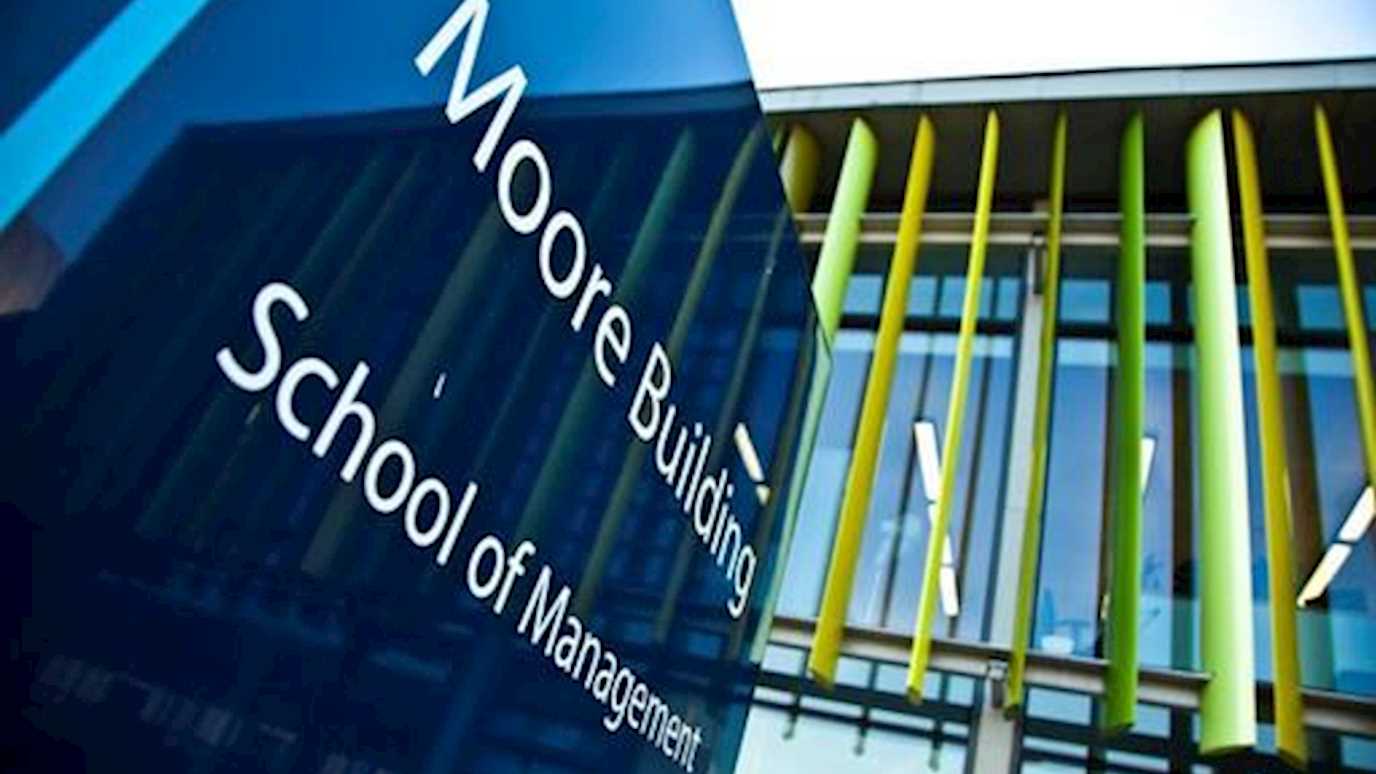Social responsibility in small and medium sized enterprises (95% of businesses) is improved by providing tools for business networks and policy guidance for the UK Government and the International Labour Organization.
Improving small business social responsibility
Research-informed support for SMEs has been developed in collaboration with the leading UK construction industry supply chain network, the International Labour Organization and the Department of Business, Energy and Industrial Strategy. Their capacity to influence millions of SMEs in the UK and globally has been enhanced through tools and formal advocacy for effective small business social responsibility (SBSR).
While the media, academia and policy-makers focus on the more visible large organisations, this work has led the way in redressing this imbalance, leading to understanding and explanation of ethical and social responsibility in smaller organisations. This is summarised as Small Business Social Responsibility, (SBSR), nomenclature made popular largely by Professor Spence’s work. The impact of Spence’s research, independently and with others, has been to enable policy-makers and business intermediaries to be better equipped to improve small business social responsibility. This has been achieved by interventions at the levels of business and supply chains, UK Government and an Intergovernmental organisation.
Business intermediaries and supply chains
Small businesses are notoriously difficult to reach individually, given their wide number and variety. Working through supply chains and with business intermediaries magnifies significantly the reach of the impact achieved and means the intermediary bodies are able to operate with improved effectiveness in relation to supporting small business social responsibility. Spence has worked with a wide range of organisations to provide advice, resources and training tools suitable for SMEs.
Informing government policy
As the leading voice on social responsibility in small and medium sized enterprises, Spence’s input into policy circles has been frequently invited. Working with multiple UK government departments such as the Department of International Development, the Department for Business, Energy and Industrial Strategy and the All Party Parliamentary Group on Corporate Responsibility, she has influenced the thinking on small business social responsibility.
Through her work in the Indian context, with others she has also built a dialogue with the UK government representatives in India where the research will fit into a wider discussion on modern slavery. This work is already changing views in the South India garment supply chain and is positively impacting the workplace for a large number of workers.






















